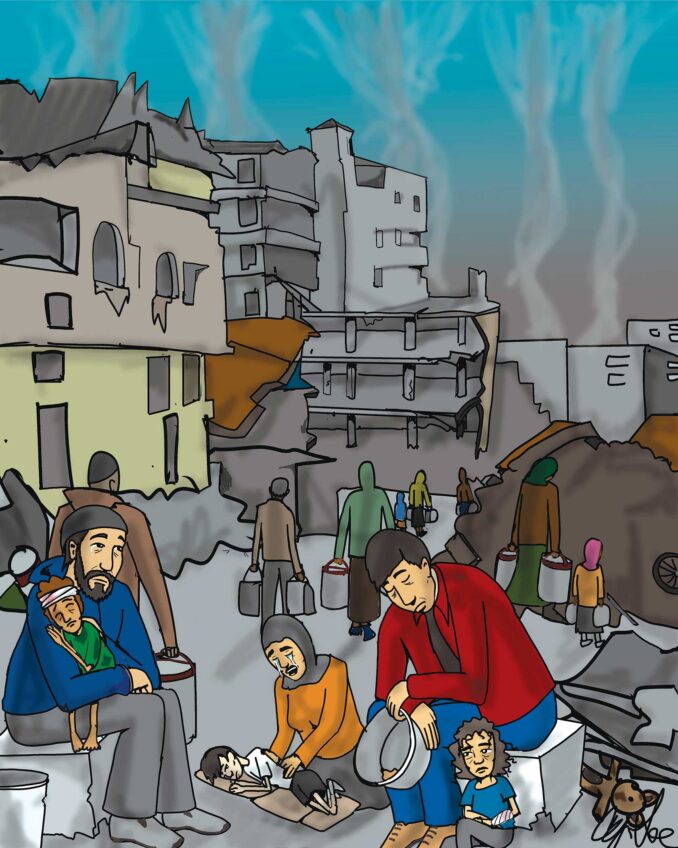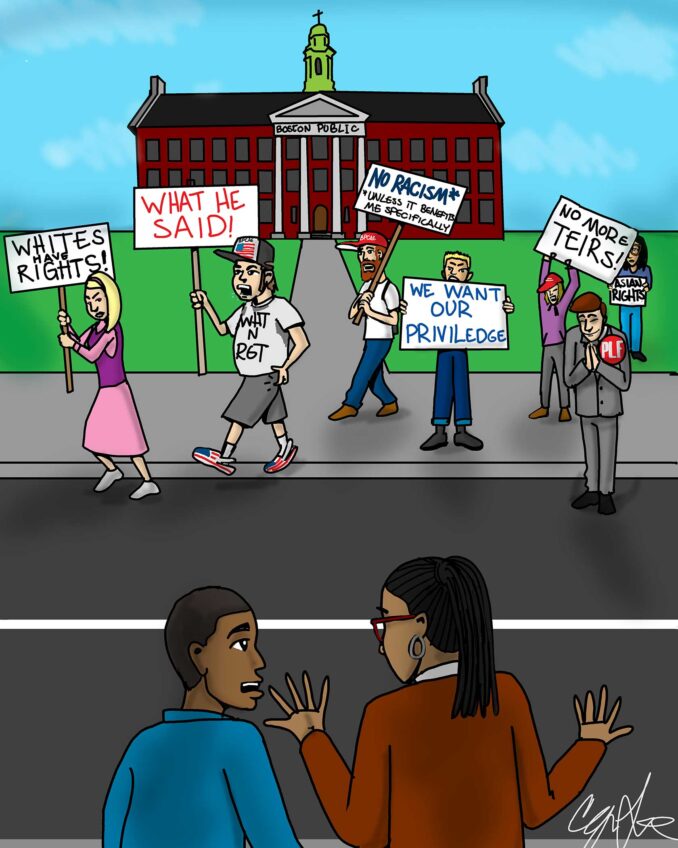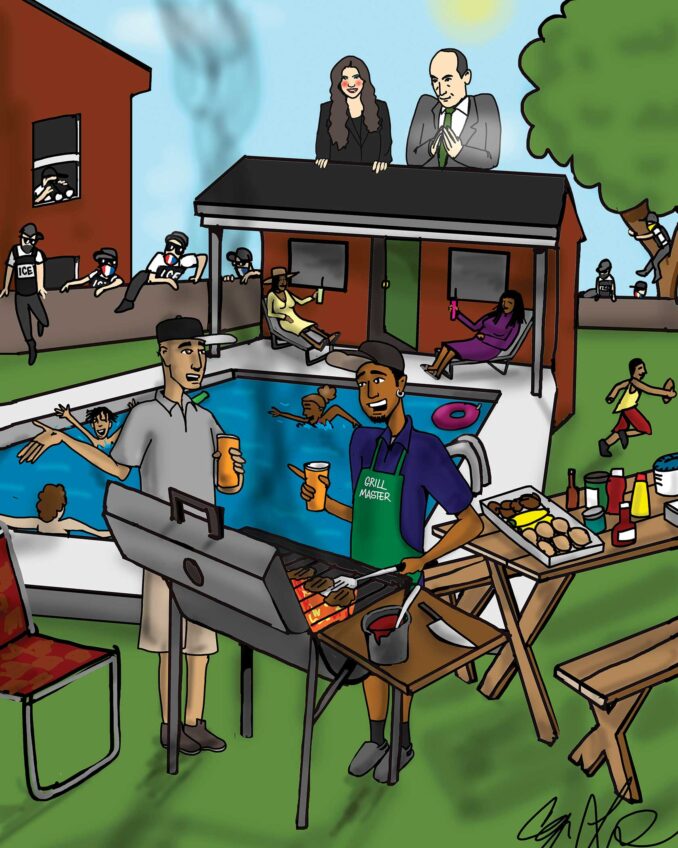The much-ballyhooed and long-awaited appearance by comedian Chris Rock at a theater in Baltimore finally happened, fittingly, the week before the Academy Awards show. The timing for Rock’s appearance was almost carefully arranged to tie in with the awards ceremony. One year earlier, Rock and actor Will Smith staged the spectacle that shocked tens of millions of viewers. The spectacle has since gone down in the lore as “the slap.” That was Smith’s physical attack on Rock for allegedly telling a bad-taste joke about Smith’s wife. Smith was banned from this year’s academy awards show, suffered a momentary hit to his career and rep, and became a pariah to many for his rash act. He has apologized a dozen different ways for his act to Rock, to no avail.
Rock, for his part, said next to nothing about it for almost a year. Now, with his disjointed comments on a Baltimore stage, that’s changed. But irrespective of his pithy comments about the “slap,” there’s still a larger issue that is pregnant with takeaways. These go far beyond just the juvenile, enraged, momentary act of Smith.
In that one dumb and embarrassing split-second, Smith and Rock managed to reinforce a couple of the worst stereotypes about Black males. First Rock: He stepped way over the line poking fun at Smith’s wife’s hair. Hair is one of the most sensitive, touchy, emotional issues among women, especially Black women. That’s because of the long history of racial ridicule of Black hair as nappy, ugly, kinky and abhorrent. Rock reinforced that stereotype.
Now Smith. His public slap of Rock for the insult reinforced the long-standing stereotype of the malevolent, impulsive, violent, out-of-control, even thug image of Black males. What’s worse, these aren’t just any two Black guys on the street or in the ’hood, but two of the wealthiest, most successful, publicly visible Black men around.
In that ugly moment, they transformed themselves into America’s racial bad boys — again. It’s the shortest of short steps to think that Smith can be depicted as a caricature of the terrifying image that much of the public still harbors about young and not-so-young Black males. When that image seems real, it’s even more terrifying and the consequences are just as dangerous.
This insidious stereotype was not lost on many Blacks. They burned up Facebook and other social media outlets, lambasting Smith for reinforcing the thug image typecast of Black men. They have not and won’t forgive him for that.
Many thought that former President Obama’s two-term tenure in the White House had finally buried negative racial typecasting and the perennial threat racial stereotypes posed to the safety and well-being of Black males. It did no such thing. Immediately after Obama’s election, teams of researchers from several major universities found that many of the old stereotypes about poverty and crime and Blacks remained just as frozen in time. The study found that much of the public still perceived those most likely to commit crimes are Black. It also showed that once the stereotype is planted, it’s virtually impossible to root out. That’s hardly new either.
The police murder of George Floyd, the countless other dubious shootings by police of Black males and the current crime surge that many believe comes with a Black face reinforces the perception that crime and violence in America invariably come with a Black male face. It doesn’t much matter how prominent, wealthy or celebrated the Black person is.
Neither Smith nor Rock really committed any crime that will land them in a courtroom, and the only one Smith really hurt in the eyes of some is the fantasy image of him as the Simon-pure entertainer/actor. But again, in that dumb, embarrassing moment, Smith and Rock represented not the best but the worst of us.
The worst of the rage is still aimed at Smith. Rock has not accepted Smith’s apology, one year later. Many Blacks cheer him on for his refusal. This speaks volumes for the age we live, in that one incident, one time, one place, can cause so many to draw a hard and fast line in the sand. It’s called division and polarization. That has become the new norm in America. Smith and Rock, in their way, typify that.
Earl Ofari Hutchinson is an author and political analyst.






